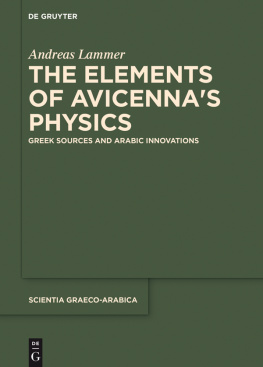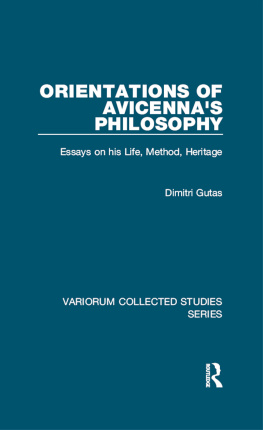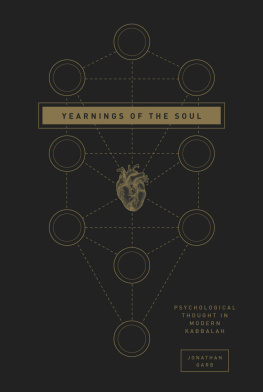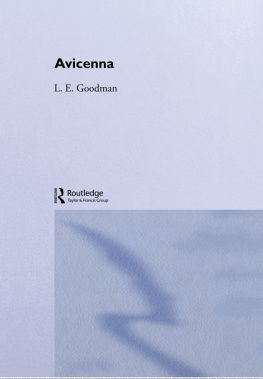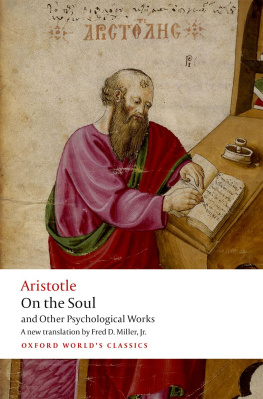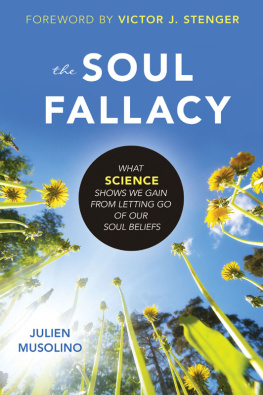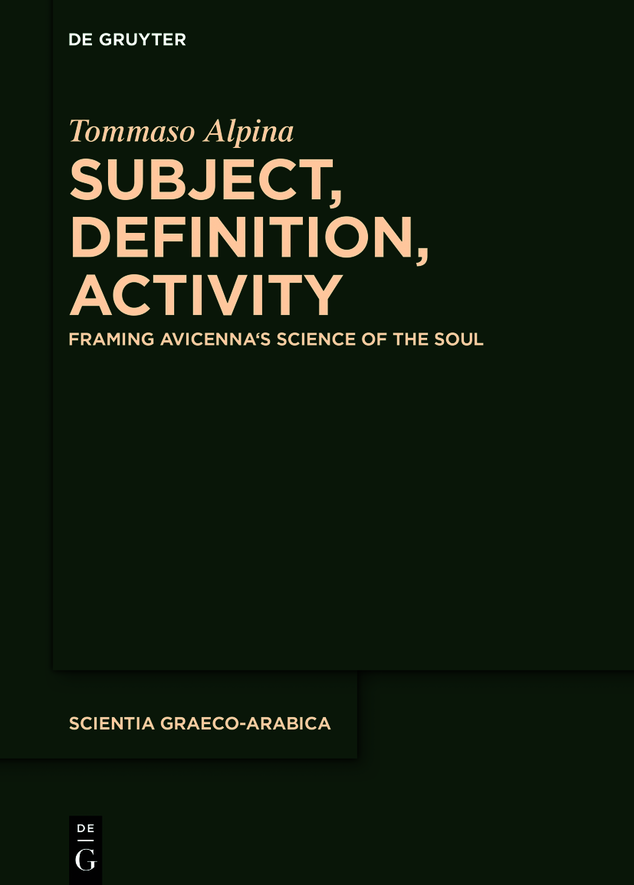Scientia Graeco-Arabica
Edited by
Marwan Rashed
Volume
ISBN 9783110706550
e-ISBN (PDF) 9783110706840
e-ISBN (EPUB) 9783110706956
Bibliographic information published by the Deutsche Nationalbibliothek
The Deutsche Nationalbibliothek lists this publication in the Deutsche Nationalbibliografie; detailed bibliographic data are available on the Internet at http://dnb.dnb.de.
2021 Walter de Gruyter GmbH, Berlin/Boston
. , , , Aristotle, Metaph., II, 1, 993 a30b4 Allerdings mu sich die Darstellungsweise formell von der Forschungsweise unterscheiden. Die Forschung hat den Stoff sich im Detail anzueignen, seine verschiednen Entwicklungsformen zu analysieren und deren innres Band aufzuspren. Erst nachdem diese Arbeit vollbracht, kann die wirkliche Bewegung entsprechend dargestellt werden. Gelingt dies und spiegelt sich nun das Leben des Stoffs ideell wider, so mag es aussehn, als habe man es mit einer Konstruktion a priori zu tun. K. Marx, Das Kapital, I, Nachwort [1873], MEGA II/6, 709 , , , , . Olympiodori In Aristotelis Meteora commentaria, 1.59 |
Acknowledgments
This book is the revised version of my Ph.D. dissertation (Subject, Definition, Activity. The Epistemological Status of the Science of the Soul in Avicennas Kitb al-Nafs, Scuola Normale Superiore, November 2016). I wish to express here my sincere gratitude to Amos Bertolacci for the constant attention, outstanding competence, and friendly support with which he has guided me along the path of Graeco-Arabic studies and supervised my research since my second year as an undergraduate student. I am also deeply grateful to Marwan Rashed for reading and discussing with me several textual and interpretative aspects of this book and thus saving me from many errors, for his constant support and encouragement, and for believing in this book right from the beginning. My profound gratitude also goes to Peter Adamson for giving me many comments and advice, which improved the first draft of this book. My interest in Aristotle and his medieval interpreters dates back to 2005 when, just admitted at the Scuola Normale Superiore of Pisa, I met the late Francesco Del Punta, who taught me to combine philological accuracy with philosophical interpretation. I will always treasure his teaching. I wish to thank Gianfranco Fioravanti, who supervised my BA and MA thesis at the University of Pisa and whose lectures on Augustine and Thomas Aquinas instilled in me the curiosity for Medieval philosophy. I also wish to thank all the members of the board of my Ph.D. viva for their insightful comments, remarks, and suggestions: Dag N. Hasse, Concetta Luna, Ivana Panzeca, Francesco Pelosi, Marwan Rashed, Ayman Shihadeh.
This research started at the Scuola Normale Superiore of Pisa, where I was first an undergraduate and graduate student, and then a postdoctoral fellow within the ERC project Philosophy on the Border of Civilizations and Intellectual Endeavours: Towards a Critical Edition of the Metaphysics (Ilhiyyt of Kitb al-if) of Avicenna (Ibn Sn), led by Amos Bertolacci, and ended up finally at MUSAPh (Munich School of Ancient Philosophy), where I am currently a postdoctoral fellow within the ERC project Animals in Philosophy of the Islamic World, led by Peter Adamson. Here I wish to express my deep gratitude to the principal investigators of both projects, who allowed me to pursue my research, and to the members of both research groups for all the discussions on the topic we had (in alphabetical order): Alessia Astesiano, Niccol Caminada, Gaia Celli, Gholamreza Dadkhah, Sarah de Mendona Virgi, Stefano Di Pietrantonio, Silvia Di Vincenzo, Rotraud Hansberger, Daniele Marotta, Ivana Panzeca, Bethany Somma.
At the Scuola Normale, I met excellent researchers who contributed considerably to my education. I wish to thank, in particular, Laura M. Castelli, Cristina Cerami, Matteo di Giovanni, Gabriele Galluzzo, Concetta Luna.
I was not always able to explain to my family what the soul about which I was so curious exactly is. Despite that, they never failed to give me their unconditional support. Here I want to express my profound love to them all. During the first year of my Ph.D. studies, my beloved grandfather Saverio Covelli passed away: he will always hold a special place in my heart. I wish to thank Emanuela and Ilaria for being always there for me. Over the past fifteen years, I realized how lucky I am to have them in my life. I also wish to thank Marie-Odile Volpot for making me feel at home away from home.
Alberto supported and encouraged me through this long and sometimes hard journey. He taught me what being loved every moment of every day means, and made my life truly happy. I dedicate this book to him.
Introduction
This book investigates the reception and reworking of the theory of the soul expounded in Aristotles De anima ( ) in the Kitb al-Nafs (Book of the Soul), which is an influential work by Avicenna (Ibn Sn, ca. 9801037 AD), one of the most eminent figures of Islamic philosophy.
Subject, definition, activity represent the concepts on which this research focuses. Subject is the soul (nafs), i.e. the subject-matter of psychology, or science of the soul (ilm al-nafs). It is the most fundamental concept: it is the ground on which this science is built, it confers unity upon science, and distinguishes it from other sciences. However, determining the subject-matter of psychology is not as easy as it might seem prima facie. For within and outside of the De anima Aristotle himself, who can be considered the pioneer of a global science of the soul, seems hesitant to assign to the natural philosopher engaging in psychology the investigation of the entirety of the soul. In all likelihood, the reason for Aristotles hesitation is the rational (part of the) soul, because it seems to be the actuality of no body and, consequently, separable from it. Therefore, its investigation seems to exceed the boundaries of natural philosophy and to spill over into metaphysics. Most Late Ancient and early Arabic exegetes of the De anima built their own interpretation of Aristotelian psychology precisely on the undetermined claims that Aristotle made about the nature of the human rational soul. Their intentions were to present a reformed psychology according to new agendas, in particular the necessity of granting some kind of ontological independence to the human soul. Aristotles psychology (and its reformed version) seems to be then at an impasse: either it is a unitary science that is placed within natural philosophy but does not investigate its entire subject-matter (the separable soul properly pertaining to metaphysics), or it investigates the entire soul but at the expense of its internal unity. In his Kitb al-Nafs Avicenna undertakes to determine the subject-matter and, consequently, the place of psychology in his system of science, by following both the real Aristotle of the De anima and the virtual Aristotle of the commentators, in an attempt to integrate an overall physical account of the soul and a specific, not entirely physical approach to the essence of the human rational soul.
Definition refers to the formula that delineates the subject-matter of psychology by qualifying the soul as the perfection (kaml) of the body. Defining the proper subject-matter of psychology is crucial to demarcating the boundaries of this science and, at the same time, conferring unity upon it, especially since considering the entire soul as its subject-matter poses some problems for its unity. In order to solve the unity issue, Avicenna firstly revises the theoretical tools put in place by his predecessors to account for the soul (terminology and standard definition). He concentrates in particular on Philoponus, with whom he shares the concern to acknowledge the separability of the human rational soul. Following his legacy, Avicenna makes use of the notion of


